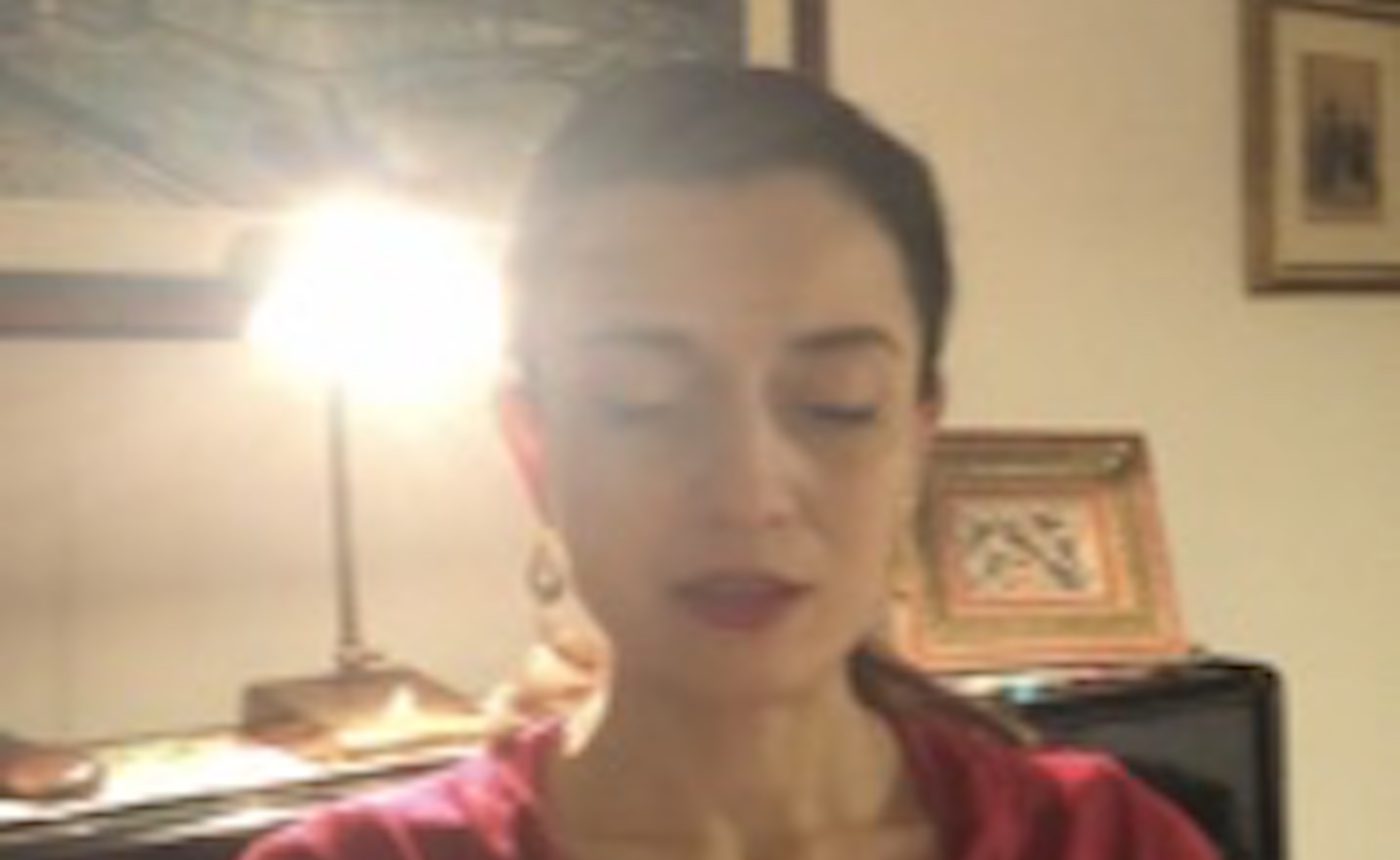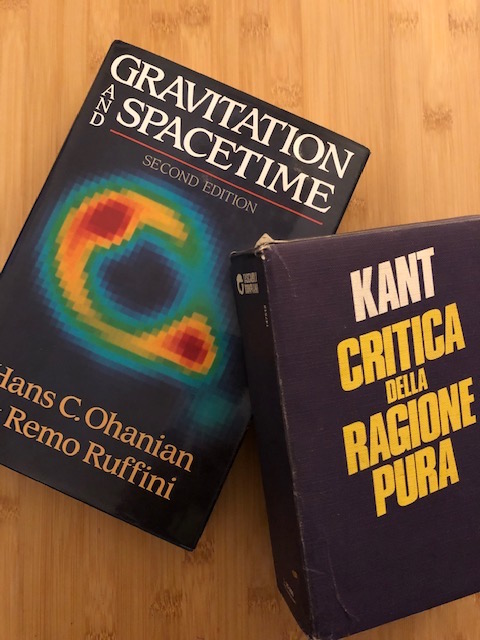Which is the relation between physics and philosophy?
The general relativity of Einstein is the result of maths only or of the dialog between Science and Philosophy in the struggle of understanding and defining the categories of space and time or the category of Space-Time?
“Absolute, true, and mathematical time, of itself, and from its own nature, flows aequably and without relation to anything external”
“Absolute space, in its own nature, without relation to anything external, remains always similar and immovable” [Newton, Principia]
Nowadays terms like relativity, quantum physics, boson and others are on the trend a little bit like it is fashionable to speak about wine declaring poems about taste and flavour of it.
The attention paid by media to all these matters it’s because of the incredible results in the field in the last years and this turns out for lots of people into getting familiar with questions usually hidden inside laboratories and exclusive debate subject of few misanthrope and misfit fellows ( according to the conventional archetype of scientist in the common opinion) .
Jet, questions about time and space have always been an obsession for human being, nothing to do with trends; it’s probably the case we should forget about the flashes of the conferences and news streaming and turn the light of our desks on.
Gravitational waves: space swings.
In 1915 Einstein wrote some equations, but in 1916 he changed his mind: quantum physics was the problem. “To be or not to be…”
In the 50s the scientific community is still discussing, in the 60s the same decides that it’s time to start searching for gravitational waves because they exist, technology gets help, I am speaking about LIGO in USA and VIRGO around Pisa, and in 2017 the Nobel Price for physics goes to Rainer Weiss, Barry C. Barish e Kip S. Thorne.
Not only gravitational waves exist, but the theory may also predict their shapes and other observations captured also by telescopes reveal that gravitational waves move at the speed of light. All of a sudden the other theories, those alternative to Einstein’s one, have been falsified; Einstein was right.
Fine but, are space and time only equations?
Are we capable of living without thinking of ourself in a specific place and without feeling and counting the time passing by? Where do these categories come from? We usually address questions that if we stop for a moment and analyze…: “where are we going today? At what time do we meet? When will you be able to join me?” But one of the most paradoxical is “how much time do you have”?
Basically we need a reference point to approach space and time. It’s a sort of relational interpretation that moves from Aristotle. Later on, with Newton, space and time become absolute and self consistent and philosophers split up: Leibniz,Kant, Aristotle, Poincaré, Kant. Einstein didn’t work only on equations he had studied all of this and starts thinking of a time that “is” as Newton thought, but that isn’t immobile, space moves and it doesn’t move according to the linearity of Newton, but may be bent. Einstein may do this because of his mental approach that doesn’t come out only from physics, but also from philosophy and from the knowledge he has of the history od philosophy.
What about time?
The excursus is basically the same:measure of changes, relation among events for Aristotle,but for newton also time “is” as an absolute, it doesn’t need the flowing of events. Einstein matches both concepts.
From Aristotle to Newton, but also Heisenberg, Leibniz, Kant, where does the line dividing Sciences from Philosophy passes? Who is right, who is wrong, methodology, categories, thesis, antithesis?
The answers to timeless matters, if there ever will be any, can’t be given by Sciences nor Philosophy alone, if there ever will be any may only came from a dialogue between the two.

